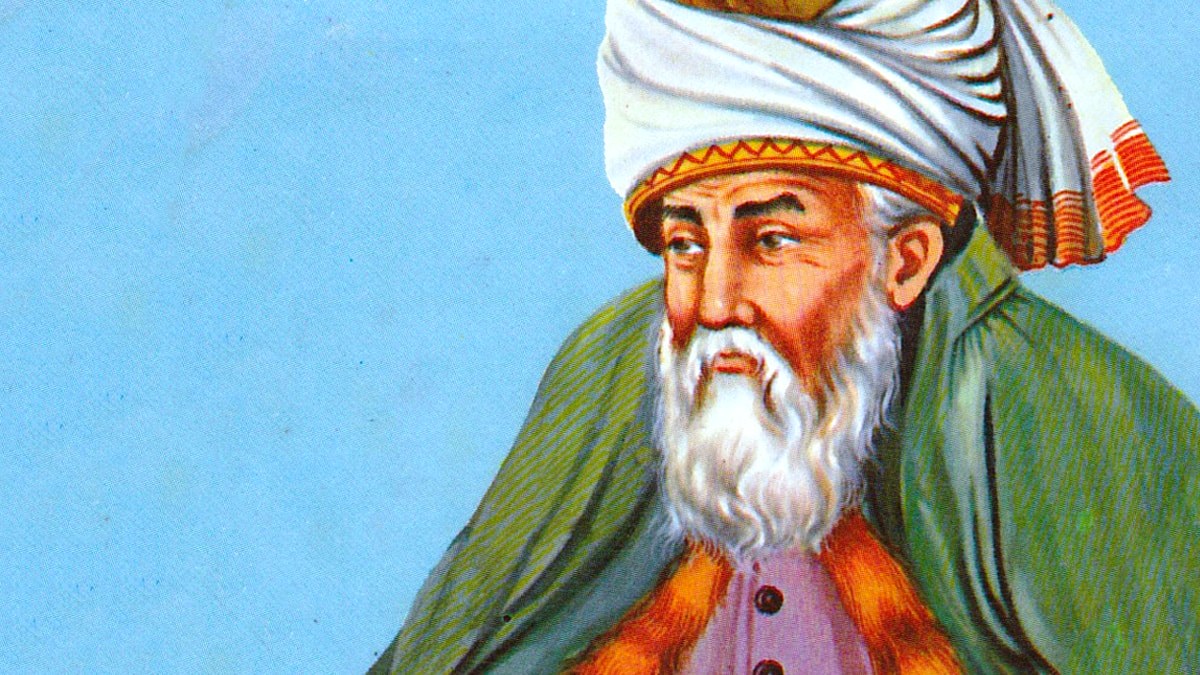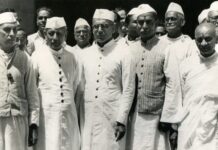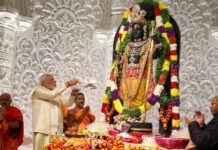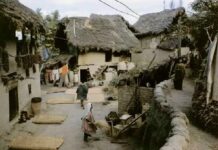Thirty years after The Hindu journalist Kesava Menon returned from his Pakistan posting, his memoir published by Speaking Tiger Books is a fresh commentary on the happenings on the other side of the Redcliff Divide, writes Babra Wani
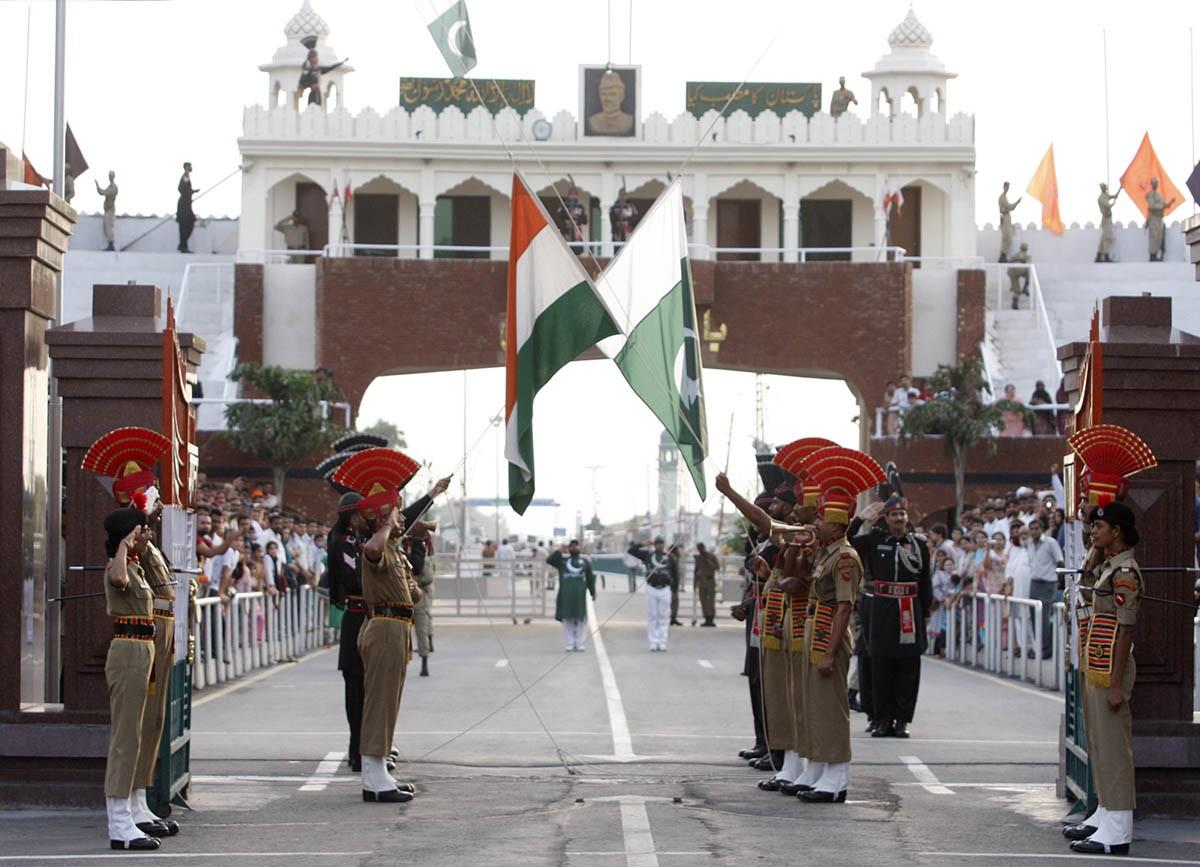
In his memoir Never Tell Them We Are the Same People, journalist Kesava Menon provides a deeply personal account of his tenure as The Hindu newspaper’s Pakistan correspondent from 1990-1993. Published almost thirty years after his stint, the book offers intriguing reflections on Pakistani society and politics, India-Pakistan relations, and the trying experiences of an Indian living under constant surveillance in the neighbouring state.
Arriving in Islamabad shortly after Benazir Bhutto’s dismissal as Prime Minister, Menon witnessed first-hand the turbulence of Pakistan’s post-Zia ul-Haq transition and the army’s puppeteering of the civilian leadership. As the Inter-Services Intelligence (ISI) closely monitored his movements, he developed an intricate understanding of the military establishment’s tight grip on the national psyche. The stint allowed him to travel to rural Sindh and Swat, Menon interacted with ordinary Pakistanis and glimpsed the nuances of civil society beyond official narratives.
Memorable Anecdotes
Enlivened by evocative anecdotes, Menon’s memoir gives readers a vivid sense of twentieth-century Pakistan. We read of Menon’s shock when his landlord gifted him a live boar, knowing that as a Hindu he could not consume the meat. We learn of his wife Nandini’s challenges teaching unfamiliar subjects at a Pakistani school. And we accompany Menon on monitored but illuminating journeys outside Islamabad – to the remains of the ancient Indus Valley Civilisation and villages nestled amid Swat’s stunning natural beauty.
Such episodes showcase Menon’s gift for storytelling while bringing alive a Pakistan few Indians have encountered first-hand. Interestingly, Menon waited three decades to publish this chronicle. As he explains, the interlude allowed passion to dissipate into perspective, lending the analysis “better balance”.
Unbridgeable Divides
Fundamentally, the book examines the delicate balance in India-Pakistan relations between civilisational affinity and political antagonism. Menon arrives seeking common ground but soon absorbs the incontestable centrality of Partition and Kashmir in Pakistani nationalism. Confronted by unwavering Indian suspicion of his loyalties, he becomes painfully aware of the gulf separating the people. “A turning of the other cheek was not an option”, Menon concludes disconsolately.
Yet, glimmers of hope endure. Simple hospitality from Swati villagers and the sharing of poetic traditions reveal surprising reserves of goodwill. Moreover, Menon formulates what remains the most prudent approach – building “constituencies for amity” by expanding contact between ordinary citizens. Though the state fuels enmity, civil society offers glimpses of accommodation.
The Omnipresent Army
However, such optimism falters before the domineering institution in Pakistan – its military. Menon’s account unravels the army’s strategy of curating nationalism to justify political intervention. Though direct contact was limited, Menon discerned the military’s bid to control policy and public discourse alike. He presents officers as an entitled class, their power deriving from proclaimed guardianship of the national ideology.
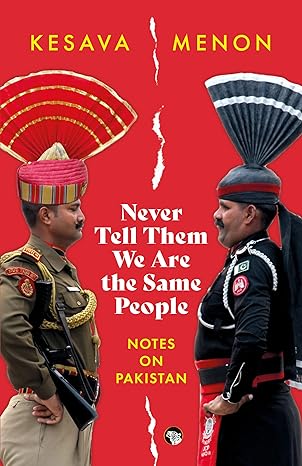
With concision in just over 200 pages, Menon illuminates the army’s functioning with more insight than bulkier scholarly tomes. He labels the hybrid regime of 2020’sleader Imran Khan as another doomed military experiment in the civilian facade. Just as the generals previously leveraged and discarded Prime Ministers Bhutto and Sharif, the author predicts they would soon tire of the cricketer-turned-politician Khan. Events have proven Menon prescient.
As expected, Kashmir and India feature prominently in the Pakistani consciousness Menon describes. He highlights the sense of entitlement towards Kashmir as an “unfinished business” of partition. Hardened views on Kashmir also stem from strong Islamo-nationalist ideologies and anger at the Indian treatment of Muslims. Menon points out that Pakistani reaction to the Babri Masjid’s 1992 destruction confirmed their worst fears. Through such commentary, Menon underscores how Indian policies and actions directly impact Pakistani attitudes.
Changing Times
Despite its basis in a decades-old assignment, the true value of Menon’s memoir lies in its continuing relevance. Broadly speaking, the power dynamics between civilian leaders, military generals and clergy remain unchanged in contemporary Pakistan. However, Menon does integrate more recent commentary, praising Pakistani media’s outspokenness compared to its Indian counterpart.
He also astutely tracks the emergence of a vibrant middle class and growing numbers of young people. Though Menon leaves it unstated, these groups perhaps constitute the “constituencies for amity” that must temper the security state’s hostility. They represent Pakistan’s hope for reasoned bilateral relations in a tense subcontinental neighbourhood.
In Sum
Thirty years since his return, Kesava Menon has produced a summation of his professional tenure and the lure of decoding Pakistan. Blending reportage and reflection, political commentary and human storytelling, the memoir straddles genres to craft an absorbing, multi-dimensional portrait. For Pakistani observers, the book builds an understanding of how their nation appears to watchful outsiders. And Indian readers gain valued insights into a neighbouring country most will never directly experience.
Ultimately, Kesava Menon’s account derives its richness from the author’s refusal to accept easy answers. Pakistan emerges not as an irredeemable foe or estranged sibling, but as an enigma to be parsed layer by layer. With rigorous analysis tempered by wit and compassion, the book represents a landmark addition to the literature on this vexed but vital relationship.



